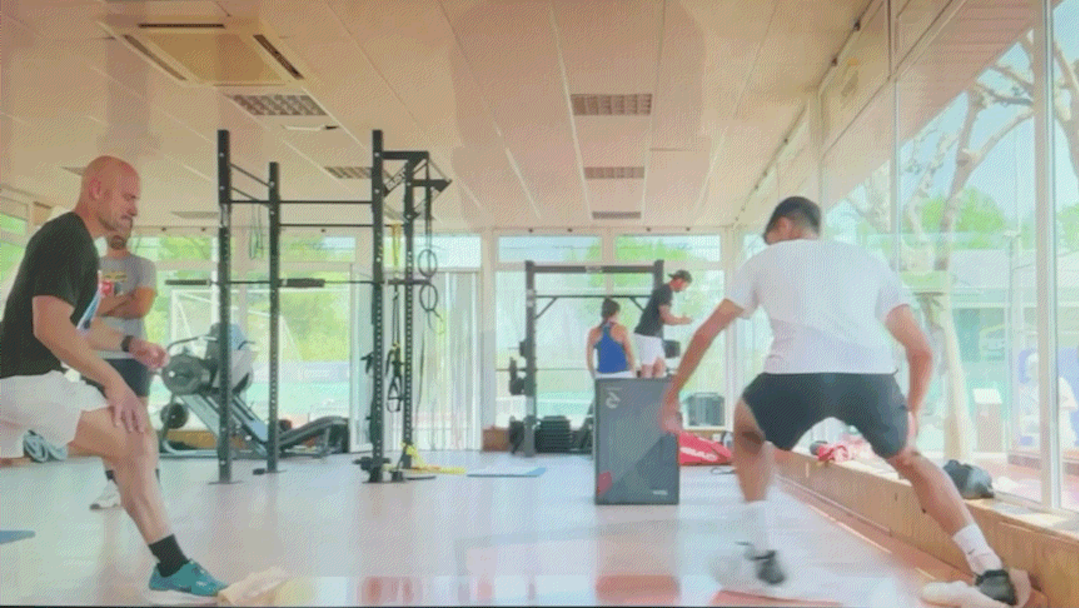I scour the dark corners of the internet each week searching for those niche tennis stories that pique my curiosity. In the course of doing that, it is not unusual to run across obituaries of beloved figures in various local tennis communities. A few times each year, the obituary includes the detail of how the person died on the tennis court after going into sudden cardiac arrest while playing. This happens more frequently than you would think.
For me personally, suddenly dropping dead on a tennis court sounds like a pretty good way to go. However, I feel like I have many good years ahead of me and am not enthralled with that particular idea in the immediate future. In fact, tennis is a significant part of my strategy to push my inevitable demise out into the future as far as possible.
I recently received a CPR certification. I wish I could say that enrolling in the course came from a proactive sense of altruism, but it wasn’t. CPR currency is required to receive Level 1 tennis coaching certification which is something else I have in the works. Somehow the CPR class was yet another transformational experience for me. I anticipate keeping my certification current for the rest of my life.
I sincerely hope that I am never in a situation that requires me to perform CPR. However, I also want people around me to be able to use CPR to buy me a little more time should I ever need it. That creates a sense of community obligation.
The American Red Cross searchable CPR Certification landing page is a great resource for locating a training option near you. My class provided each participant with a keychain face shield that can be used in this era of increased concern over communicable diseases. I keep that one in my purse. I also decided that it would be prudent to have a backup on my racquet bag.
In promoting CPR training, the American Red Cross extolls prospective students to “be prepared for the moments that matter.” That certainly beats standing around helplessly when a life could have been saved.





Dying on a tennis court was my initial preferred manner of my passing too… until I heard of the trauma experienced by 3 players when the fourth suffered a cardiac arrest. With the spontaneous reaction by the other players and management at the courts, where a defibrillator was available, the stricken player survived and, after medical treatment, is back playing and living life to the full.
Unfortunately, in our local league, other players have not been as fortunate. In one case the players did not know the exact address of the courts where they were playing and Emergency Services took longer than they should have to reach the player in need. Dispatchers may not be aware of local place names which do not indicate an address.
Our League strongly advocates for ‘address plates’ on the benches at club courts and players carry a ‘personal information’ sheet which gives some medical information as well as contact details of people to notify in an emergency.
Address plates on the courts and a personal medical information/contact card are both really good ideas.